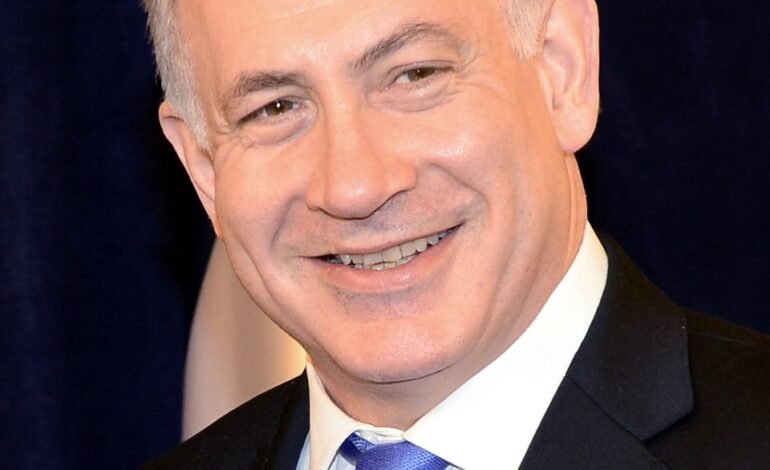Netanyahu announces his intention to occupy the entire Gaza Strip
Netanyahu announced his intention to completely occupy the Gaza Strip, including areas where hostages are still being held, sparking strong opposition from the military.

US Department of State, Public domain, via Wikimedia Commons
Israeli Prime Minister Benjamin Netanyahu has announced his intention to carry out a full occupation of the Gaza Strip, including areas where hostages are believed to remain, in a decision that has generated strong tensions within the Israeli security apparatus itself.
The measure, which will be discussed this Tuesday in the security cabinet, has been confirmed by official sources from the prime minister's office to the EFE news agency, following statements by a senior official in a meeting with Israeli media. "The die is cast: we are going to completely occupy the Gaza Strip," Netanyahu's spokesman stated, according to the Israeli newspaper. Yedioth Ahronoth (EFE, 2025).
The military expansion will even affect areas where hostages are present, something that deeply concerns the Israeli Army. The armed forces have expressed their opposition to carrying out operations in these areas for fear of causing casualties among the captives. In response, Netanyahu was blunt: "If the Chief of Staff doesn't agree, he should resign," referring to General Eyal Zamir, the current army chief.
Tensions with the Army
Hours before the official announcement, the Chief of Staff canceled his planned visit to the United States, which was interpreted by local media as a sign of disagreement with Netanyahu's strategy.
Shortly after, the Israel Defense Forces (IDF) announced the cancellation of the extension of mandatory military service for regular ground troops starting in 2025, a measure implemented in the context of the conflict with Hamas. "It has been decided to give the soldiers some breathing room," the statement said, emphasizing the need to preserve troop morale and well-being after years of intense fighting (The Times of Israel, 2025).
The army fears that a direct advance on areas with hostages could lead to their execution by Palestinian militias, as happened in August 2024, when they killed six captives and found them on September 1. Furthermore, they warn that dismantling Hamas's military and political network could take years.
International reaction to Netanyahu's decision
In the United States, President Donald Trump avoided taking a clear position on the Israeli decision. "That will depend largely on Israel," he told reporters during an event at the White House (EFE, 2025).
Trump stated that his current focus is on humanitarian aid to Gaza, highlighting the recent donation of $60 million from the US government to feed the civilian population. "They're obviously not going through a good time," he declared, adding that both Israel and Arab countries would collaborate in the distribution of this assistance (EFE, 2025).
Complex scenario
The intention to completely occupy Gaza marks a new turning point in the conflict, which has intensified since October 2023. The international community is closely following the Israeli government's actions, amid growing pressure from humanitarian actors and human rights organizations.
The potential offensive in hostage-held areas also poses serious ethical and strategic dilemmas for Israel, which faces an unprecedented divide between its political and military leadership.
For more stories like this, follow More Latin.
Sources:
